
The Southern African oil producer, Angola, will go to the polls on August 23 to elect a new president.
The polls is significant for the simple reason that the winner of the polls will replace long serving leader Jose Eduardo dos Santos, who steps down after close to four decades in charge.
The ruling MPLA will be represented by current Defense minister Joao Lourenco, who will face five other candidates in the race to replace dos Santos who has been in power for the last 38 years.
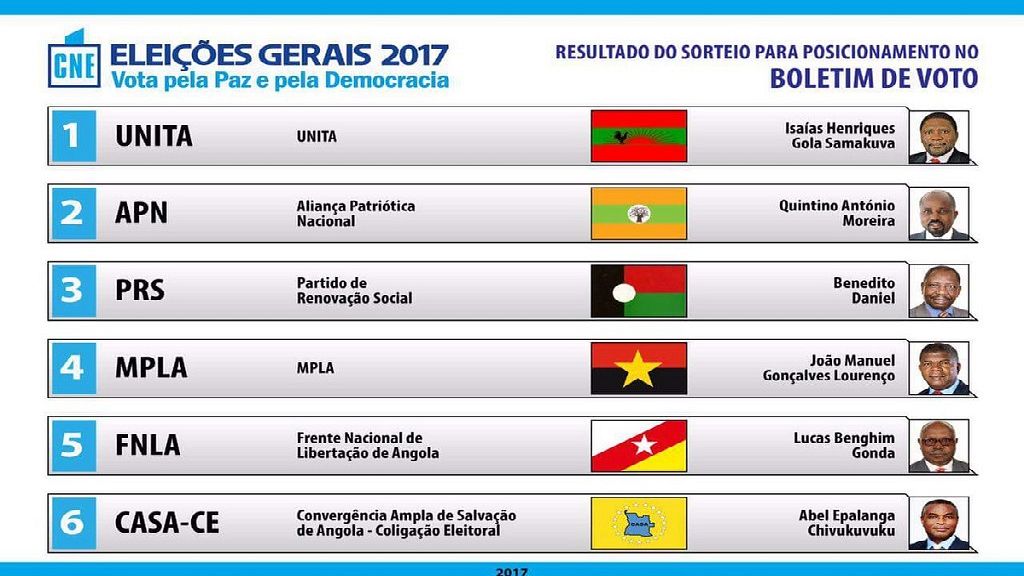
Joao Manuel Goncalves Lourenco of ruling MPLA
The 63-year-old has served as served as Angola’s Defense Minister since 2014 and is the candidate of the ruling party – the Popular Movement for the Liberation of Angola (MPLA) going into the polls.
He has also served as vice-president of the MPLA since 2016 having previously served as its Secretary-General between 1998 and 2003. He has also served as governor of the Moxico province – the country’s largest located in the east.
Like dos Santos, Lourenco has a military past having participated in the Angolan war of independence from the Portuguese. He received training in the then Soviet Union in 1978.
Since joining politics in 1982, he took on several roles within the MPLA. Aside his governor role, he also served the party in administrative capacity and as a leader of its parliamentary bloc between 1993 – 1998.
He also served as First Vice-President of the national assembly after leaving his MPLA Secretary-General post in 2003, a position he held till 2014 when he was appointed Defense Minister.
He was chosen as MPLA veep in August 2016, the leader of the party remains the outgoing president. Lourenco was subsequently picked by the party as its presidential candidate in December 2016.
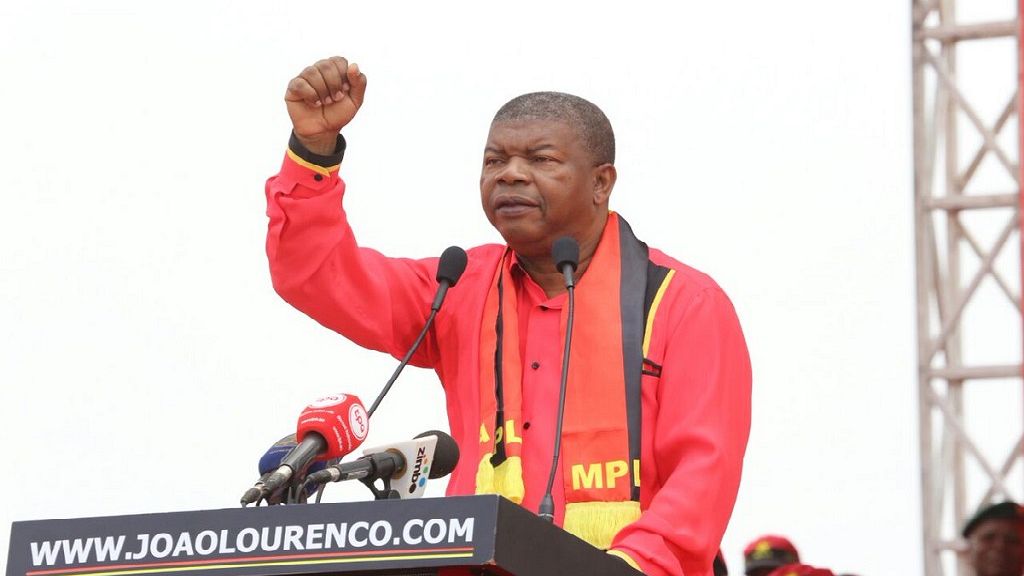
Isias Henrique Ngola Samakuva of UNITA
Born in July 1946, Isias leads the main opposition National Union for the Total Independence of Angola (UNITA) into the August 23 polls. He is the number one on the ballot sheet as released by the elections body.
He has been leader of UNITA since 2003 after having joined the former rebel group in 1974. He twice served as its overseas representative for Europe between 1989 to 1994 and 1998 to 2002.
He assumed leadership of UNITA after its leaders Jonas Savimbi and Antonio Dembo were killed in clashes with government forces. He oversaw UNITA’s transition from an armed group into a democratic party in 2003.
Prior to joining the armed struggle of UNITA, Isias was an evangelical pastor having received training in a seminary at home. He joined UNITA in 1974 and played an active role in the movement.
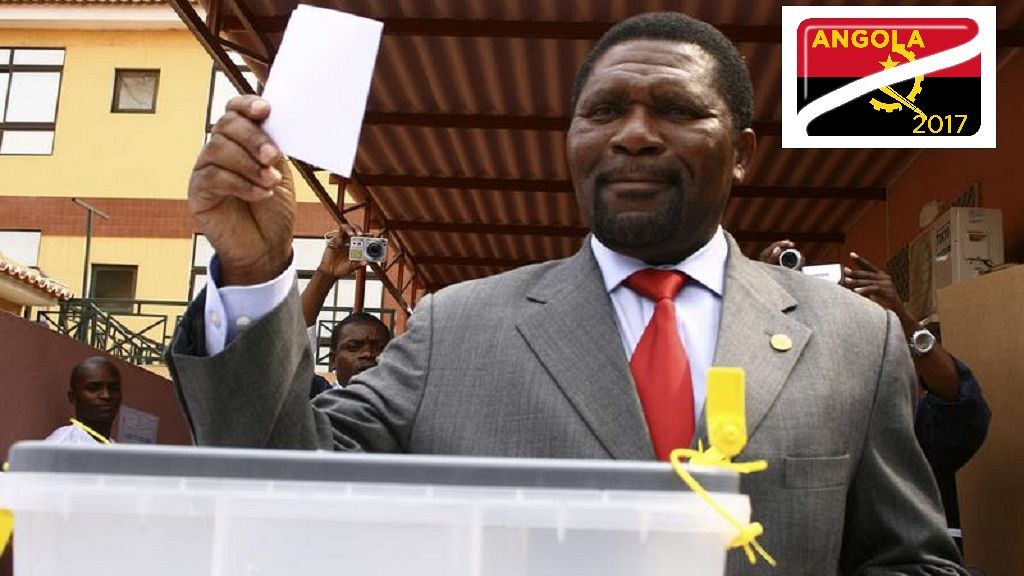
Abel Epalanga Chivukuvuku of the CASA-CE
The 60-year-old heads a party founded on five years ago. The Broad Convergence for the Salvation of Angola – Electoral Alliance (CASA-CE) was a breakaway from the main opposition UNITA.
In 2012, Abel left UNITA after 38 years with the group, he left after been defeated at the 10th Congress that re-elected Samakuva as leader of the main opposition party.
He has wide political experience gathered from his days with UNITA and as an Angolan diplomat at a point. He served as African representative of the group five years after joining.
He served as Angolan rep to Portugal and the United Kingdom at a point. He run for parliament in 1992 he was elected leader of parliamentary bloc in 1998 – 2000. He has also served on Pan-African parliament at a point.
His party garnered 6% of votes in 2012 legislative elections. This was at a time the party had just been formed.
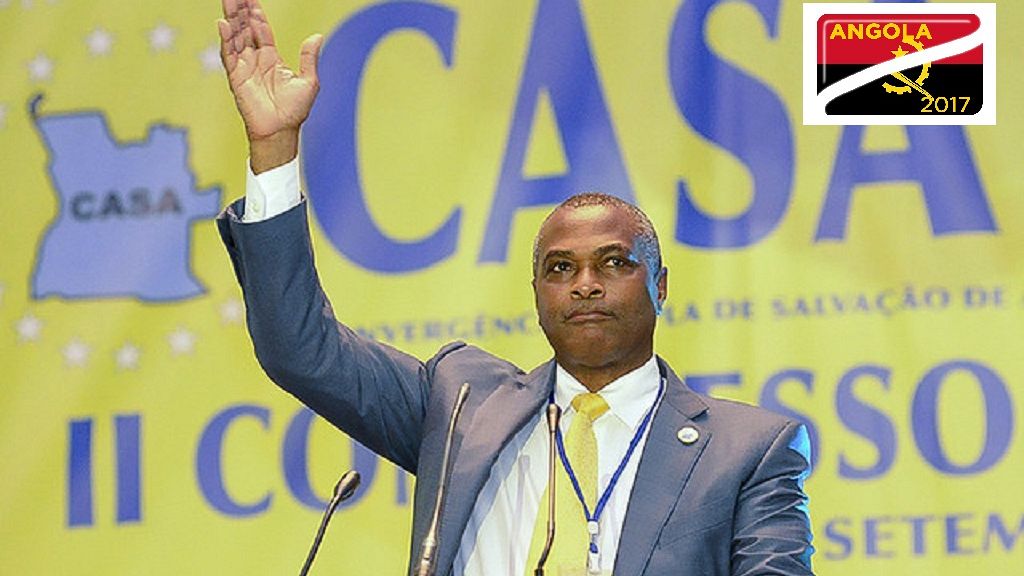
Lucas Benghim Gonda of FNLA
Gonda will be leading the National Liberation Front of Angola (FNLA), a party whose fortunes have been dwindling with each vote.
He will be tasked with bettering the parliamentary representation whiles aiming for the top seat. They currently have two seats having started with five in 1992 with that figure falling to three after the 2008 polls.
FNLA was founded by one Holden Roberto, who died in 2007. Its leadership was held over the last decade by 74-year-old Ngola Kabangu who stood down for health reasons.
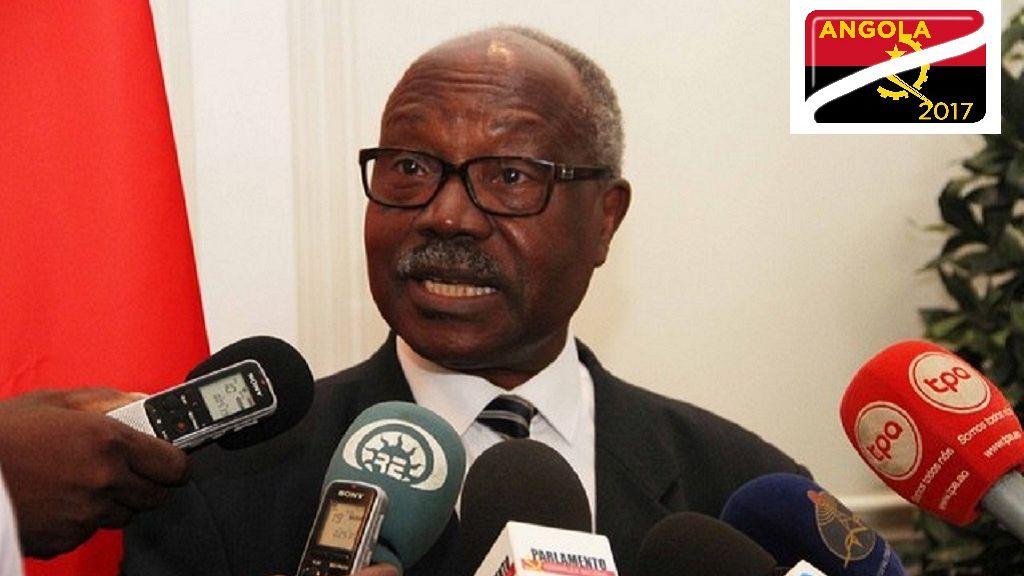
Benedito Daniel of the PRS
A teacher by training, Benedito is a parliamentarian on the ticket of the PRS – the Social Renewal Party. He was elected to lead the party in May this year to replace Eduardo Kuangana.
Benedito holds a Bachelor of Science in Education according to the Angolan parliament website. He has served the PRS in various capacities.
Among other roles: Secretary of PRS policy committee in its early years (1990 – 1991), its secretary of political affairs between 2006 – 2012. He was elected its Secretary-General in 2012, a position he holds till date.
The party was formed in 1991 – a year to Angola’s first multi-party elections since dos Santos took charge. It won six seats in the 1992 elections it has increased its seat since then to eight as at 2017.
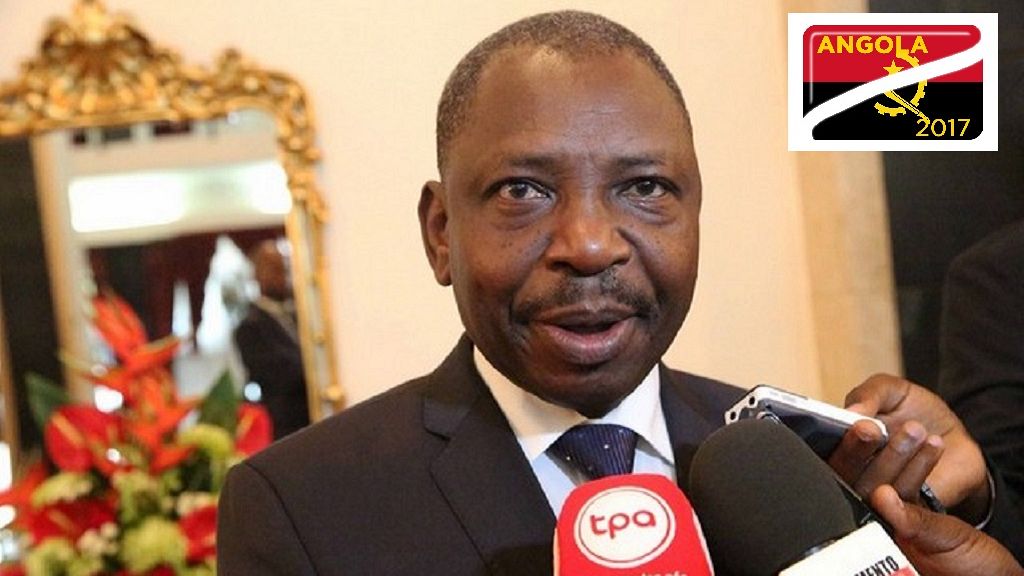
Quintino Antonio Moreira of the APN
Moreira is the second candidate on the ballot sheet for the August 23 polls. He leads the National Patriotic Alliance (APN). The 43-year-old has a legal background. He is a professor with a degree in law.
He is the youngest candidate leading the youngest party. He has outlined his main objective as reducing the number of expatriate workers and boosting employment for locals.
The party was formed only a year and half ago – meaning it is participating in its first election. Moreira is also a legislator who has said he is selling the message of hope and a new Angola to the people of the country.
He insists that despite leading the youngest party in the polls, the APN – according to him, the fastest spreading party – was ready to take over the reigns and that they will spring a surprise in the polls.
Source: AfricaNews

No comments:
Post a Comment
Add a Comment...